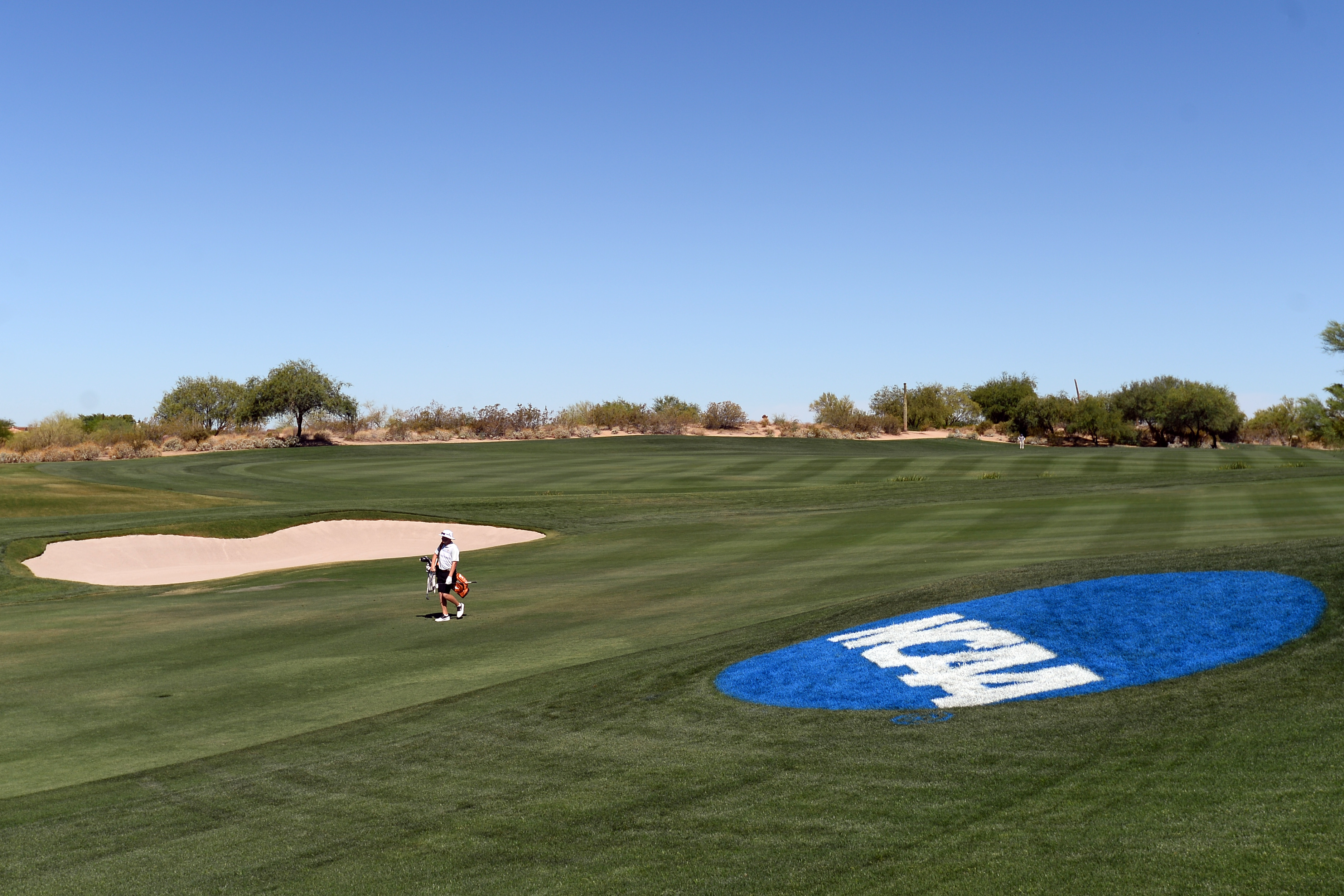The NCAA Division I Council on Monday recommended that the association temporarily “suspend amateurism rules” related to athletes’ ability to make money from their name, image and likeness, the association announced.
The Council is the division’s day-to-day policy-making group. Its recommendation now goes to the Division I Board of Directors, a panel comprising mainly college presidents that is the division’s top rules-making committee. The board is scheduled to meet Wednesday.
Monday’s action came with 10 states having passed laws or seen governors issue executive order that will allow athletes to make money from their name, image and likeness (NIL), beginning Thursday or whenever their schools choose. Bills with Thursday effective dates are on the desks of governors in four other states. Altogether, more than 15 states could have NIL laws in effect by Sept. 1.
Under the plan suggested Monday, schools in states that have passed laws related to name, image and likeness (NIL), would be “responsible for determining whether” athletes’ NIL activities “are consistent with state law,” an NCAA statement said.
In states without an NIL law, athletes would be able to engage in NIL activities without violating NCAA rules that so far have heavily limited those activities, which include having endorsement deals, leveraging social media for pay, and making money from coaching or signing autographs.
‘Adopt their own policies’
Schools in states without NIL laws and/or their conferences “may choose to adopt their own policies” regarding NIL activities, the NCAA statement said. However, the policy would leave intact the association’s “commitment to avoid pay-for-play and improper inducements tied to choosing to attend a particular school,” the statement said.
This setup would remain in place “until federal legislation or new NCAA rules are adopted,” the statement said.
In choosing this path, the Council rejected another proposal that — while largely similar — also included the proviso that schools’ NIL policies not allow payments from “any booster, or any person or entity acting on behalf” of the school.
This indicates that the Council was concerned that virtually any restriction in a temporary policy would draw a legal challenge based on the Supreme Court’s ruling last week in the Alston antitrust case. The court unanimously decided that the NCAA’s rules on athlete compensation are subject to detailed antitrust analysis, and such an analysis showed that the association’s limits on education-related benefits for athletes violate the law.
“We don’t have a lot of options on this — the Alston decision came down,” Metro Atlantic Athletic Conference commissioner Rich Ensor said Monday afternoon. While not a member of the Council, Ensor is an attorney. He also is well connected with the thinking of commissioners of other mid-major conferences, and he said nearly all segments of Division I are “pretty well unified on this.”
He added: “This should be an interesting period we are entering into.”
Follow Steve Berkowitz on Twitter @ByBerkowitz

